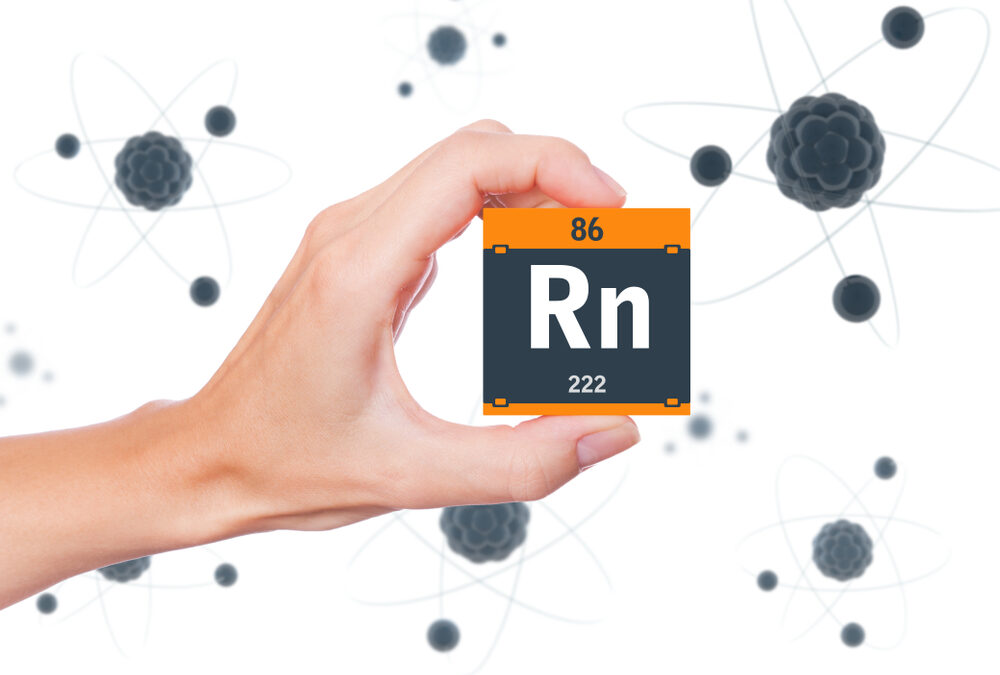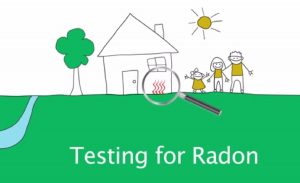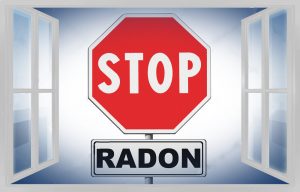Are you planning to get your home tested for radon? Great! Radon is a radioactive gas present in the atmosphere that can get trapped in the house when there’s an opening in the foundation. And that’s where radon testing comes in.
Keeping the radon levels at their lowest is important because long-term exposure to radon causes lung cancer. Even if you’re not a smoker, you are prone to get lung cancer due to regular exposure to radon gas.
So, if you’ve decided to add a radon mitigation system to your home, here are the main things you must know about radon testing. Since testing is affordable, it’s always good to be aware of the process.
5 Things Every Homeowner Need to Know About Radon Testing
Here are five main things you need to know about radon testing. Read on if you haven’t got it tested even once or have no idea about radon testing.
1. Radon levels vary from home to home
If your neighbors have got their radon levels tested and if they are below the recommended level, it doesn’t mean you’re safe.
You need to get your home tested, too, as the results may turn out to be different. Radon gets trapped indoors, and there’s no guarantee that the presence of radon is low in your house. Whether buying or selling a home, you need to get it tested as it is dangerous for your health.
2. Testing is easy and can take a week to a year
After building a house, there are chances of the foundation getting shifted and rocks forming. And if you’ve renovated your home, the airflow will have changed, which is why you need to get it tested for the presence of radon.
If the test indicates the presence of radon, you need to hire a professional and install a radon mitigation system. You can carry short-term tests, which can go for a week, or long-term tests, which can go up to 90 days or a year.
Either way, the radon levels will be determined, and you need to take precautionary steps to keep it bare minimum or reduce it.
3. It’s inexpensive, and you may need mitigation
You can get a Do-It-Yourself kit and test the levels yourself or hire a professional who can do a thorough check of your house. Professionals know how to test and deliver accurate results while also giving action plans to prevent them.
Adding a radon mitigation system helps avoid getting overly exposed to it in the long term.
4. You need to ensure radon levels are minimal
Radon levels are measured in picocuries per litre, and the ideal level is 2pCl/L or lesser. If it is between 2pCl/L and 4pCl/L, you need to contact a professional and install a radon-reduction system. But, if the levels are above 4pCl/L, you immediately establish a radon mitigation system.
You will be at greater risk with higher levels, so you need to act quickly to prevent major problems. Reaching out to professionals is the best way to keep you and your family safe during such cases.
5. NRPP certification is necessary
If you’re taking the help of professionals, you need to contact those with the National Radon Proficiency Program certification. Many companies claim to be NRPP certified, but not all are genuine. So, you need to double-check and verify if the certificate is authentic or not.
Experienced and certified professionals will provide the right solution to mitigate radon. They will tell you the best way to ventilate radon out of your house and install suitable systems for you. Depending on the layout of your house, mitigation systems can be installed in a week or day.
Radon Testing for your Home
Radon is a dangerous gas, and since it is odorless and colorless, detecting its presence is difficult. So, before buying a house or selling one, ensure radon levels are tested regularly. To avoid long-term radon exposure, hiring an expert can help you find the right solution.
If you’re building a new home, you need to consult a professional so they can incorporate systems that reduce radon levels during construction. Regular exposure to radon can cause adverse effects on health. Keep your family healthy, ensure radon levels are always at their lowest, and stay safe.
Want to get your home tested for radon levels? Talk to our team today!




